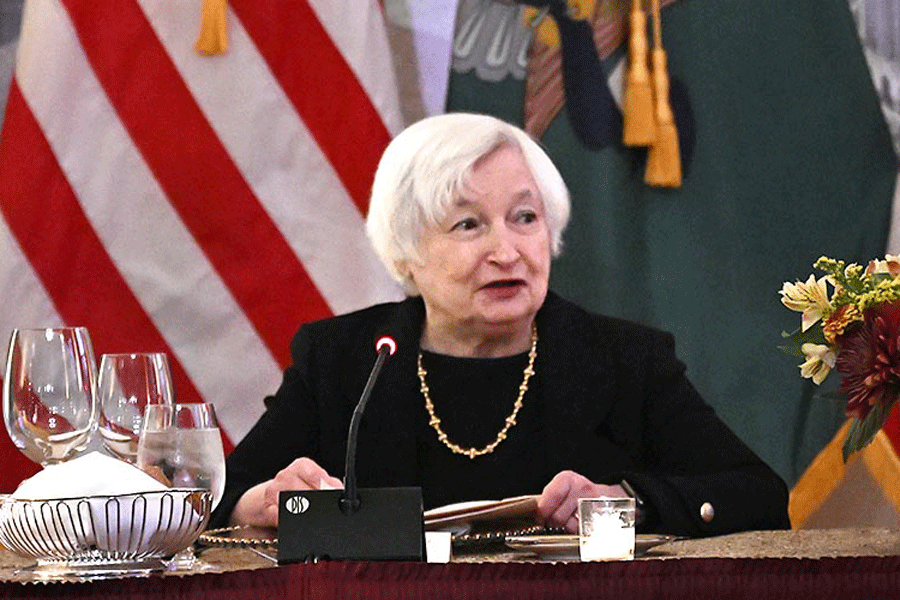Finance leaders of the Group of Seven (G7) rich nations warned of heightening global economic uncertainty on Saturday as they wrapped up a three-day meeting overshadowed by a US debt ceiling stalemate and fallout from Russia’s invasion of Ukraine.
G7 central bank chiefs also vowed to combat “elevated” inflation and ensure expectations on future price moves remained well-anchored, a sign many of them will not let their guard down against stubbornly high inflation.
The gathering in the Japanese city of Niigata came as worries over a US default fuelled uncertainty over the global outlook, already clouded by recent US bank failures and signs of slowdown in China’s economy.
“The global economy has shown resilience against multiple shocks, including the Covid-19 pandemic, Russia’s war of aggression against Ukraine and associated inflationary pressures,” the finance ministers and central bankers said in a communique after the meeting.
“We need to remain vigilant and stay agile and flexible in our macroeconomic policy amid heightened uncertainty about the global economic outlook.” The communique made no mention of the US debt ceiling stalemate, which hits markets at a time borrowing costs are rising.
US treasury secretary Janet Yellen, who has said a first-ever US default could occur within weeks if the impasse is not resolved, told Reuters on Saturday the situation was “more difficult” than in the past but said she remained hopeful a solution could be found.
Japanese finance minister Shunichi Suzuki told a press conference after chairing the meeting that the debt ceiling showdown was discussed at Thursday’s dinner session on the global economy. He declined to elaborate.
Britain’s finance minister, Jeremy Hunt, said it would be “absolutely devastating” if the United States failed to reach agreement to raise the federal borrowing limit and had its economic growth “knocked off track”.











